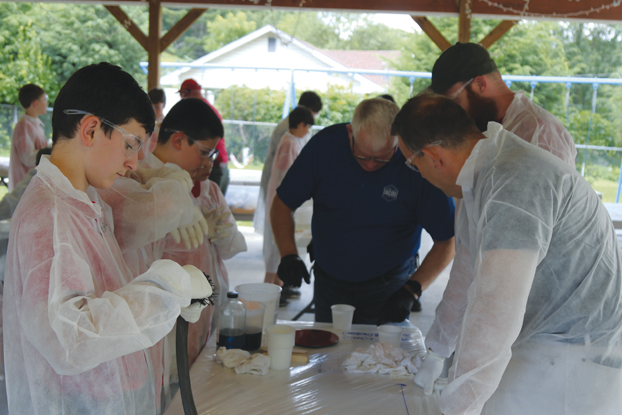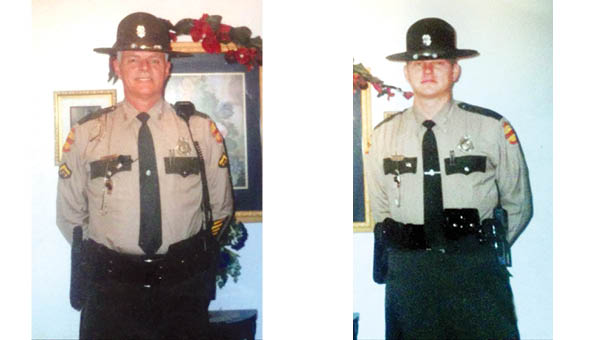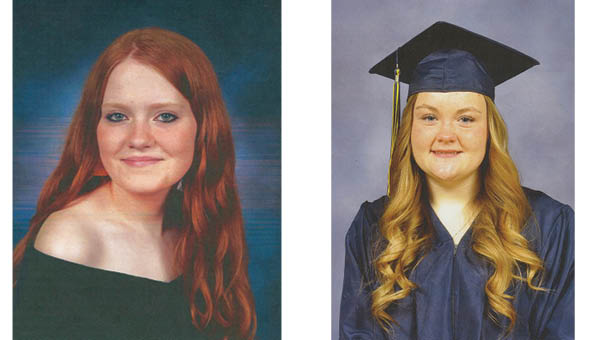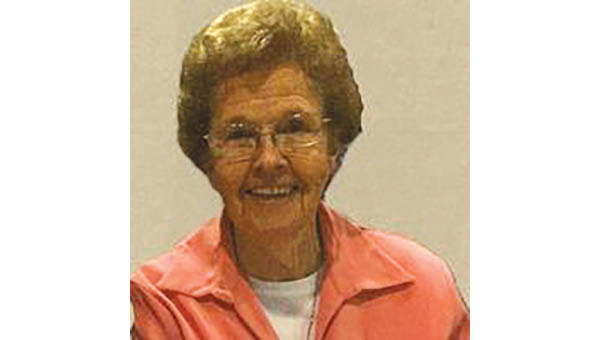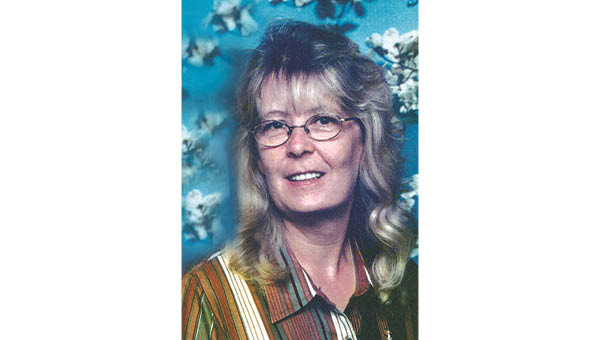Boy Scouts learn about composite materials
Published 8:15 am Monday, June 24, 2019



Carbon-fiber strips, rolls of fiberglass and other high-end industrial materials were strewn across several picnic tables that afternoon. It was not an industrial worker leaving his materials behind after a tough day of work, however. In fact, high school-age children were cutting and shaping them just like NASA engineers.
Boy Scouts from Troop 516 gathered at Southside Christian Church Friday afternoon to learn from a certified instructor about composite materials and how companies use them in projects such as space exploration.
Scoutmaster Ricki Dykes said the event was an opportunity to obtain what many consider to be a difficult to obtain merit badge.
Trending
“It is pretty special,” Dykes said. “I had to look it up when I heard about it.”
The Composite Materials merit badge is one of over 100 possible merit badges Boy Scouts can obtain during their time with the program, all of which serve to showcase a particular hobby or possible career. Scouts are required to obtain dozens of badges during their time in the program, but composite materials is difficult to obtain because it requires a certified instructor to sign off on the requirements as proof.
“There are 19 boys here, and we have about 23-24 in the whole troop,” she said.
Emily Kinsey, a public information representative for the Institute for Advanced Composites Manufacturing Innovation (IACMI), said they regularly reach out to communities to raise awareness for what they do, and Troop 516 was a recent yet unique fit.
“One of our members used to work with Boy Scouts,” Kinsey said.
She said the group decided to continue that tradition with Troop 516.
Trending
During the afternoon, scouts got to use composite materials to create carbon-fiber wallets, laminate using fiberglass and create composite materials walking sticks.
“It is a two-day process,” IACMI representative Joannie Heath said. Scouts spent Friday using the materials to make the items in question and then will spend today finishing up the designs and cleaning up.
“One of our main points of focus is building the workforce of the future,” she said. “This will give them skills they will need.”
Heath said they hope to do more of these kinds of programs on a national scale, not just in a radius around their Knoxville headquarters.
“It is nice when we can get college students at these workshops,” she said. “The kids can better relate to them, and it is good experience for the college students.”




